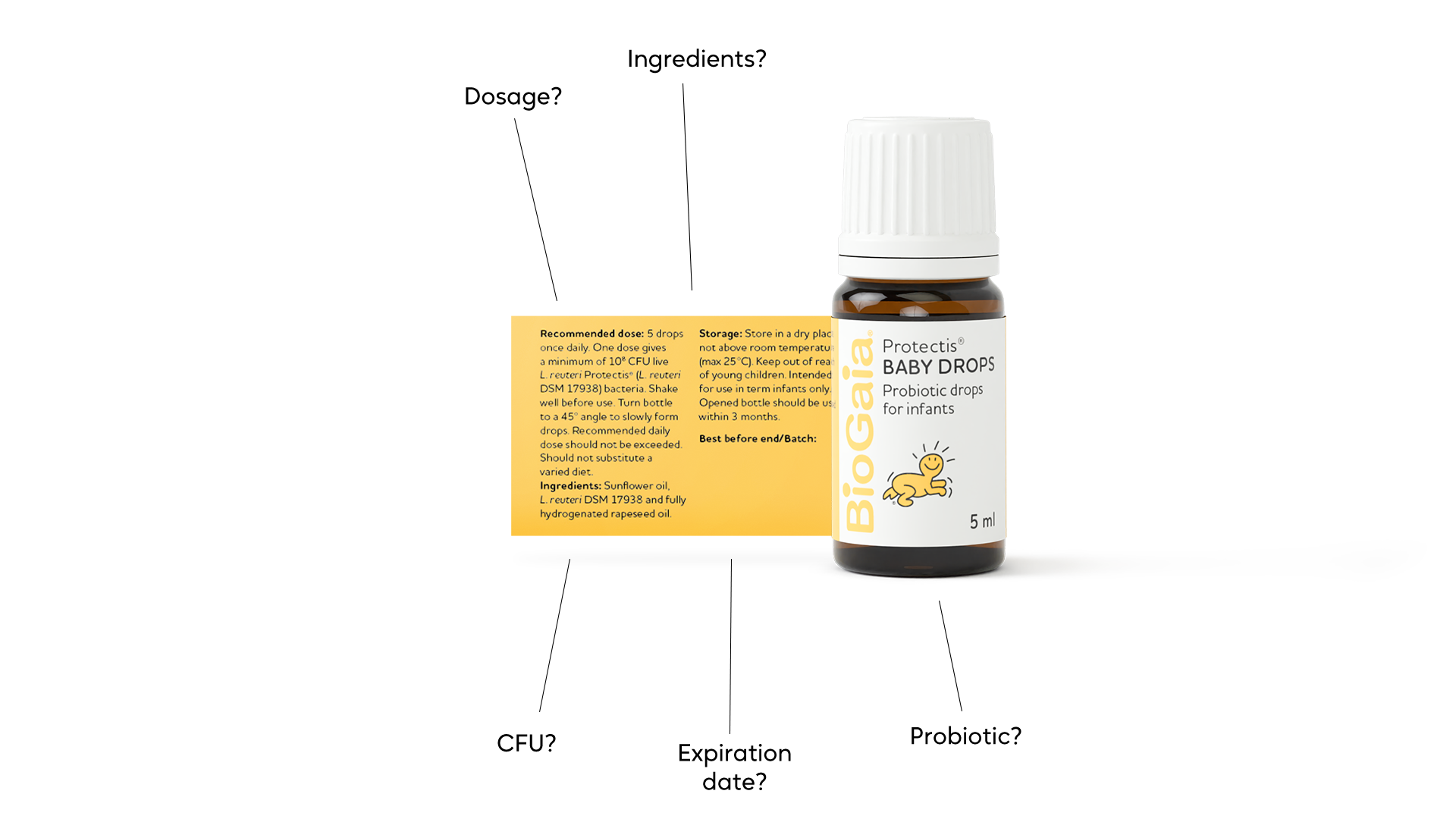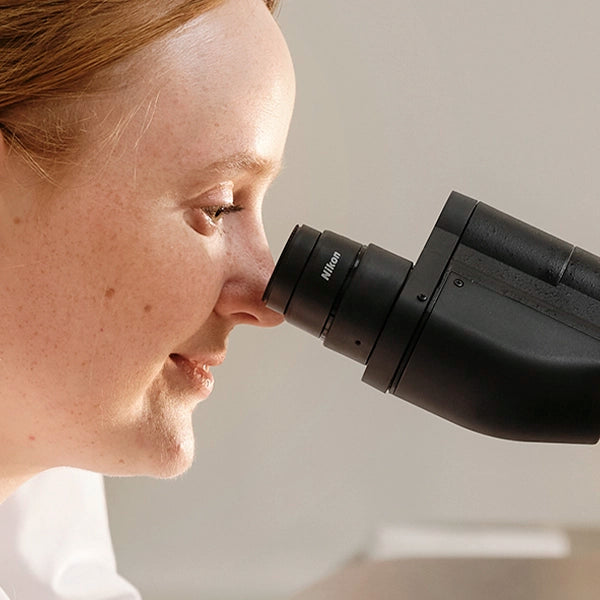What are probiotics?
Your essential guide to our gut heroes


What are probiotics?
Probiotics are live bacteria and yeasts that are found in low amounts in certain foods and in supplements. Many people choose probiotics as part of their daily routine, to support balance in the body.
Probiotics are live bacteria and yeasts often referred to as "friendly" bacteria. These microorganisms help maintain the natural balance of bacteria in your gut.
Learn about probiotics
This information is intended for educational purposes only and should not be considered medical advice.
World leader in probiotics
With 30+ years of research and innovation, BioGaia probiotics offer high-quality, science-driven products that fit easily into daily routines.
Bacteria and gut health
Contrary to the old belief that all bacteria are harmful, we now know that almost all bacteria are generally harmless.
Indeed, some bacteria are actually essential for our survival, while only a small fraction poses a potential threat.
What do probiotics do?
Our bodies are home to a mix of trillions of bacteria. They're pretty much everywhere — the mouth, gut, and skin.
Under normal or "balanced" conditions, friendly bacteria in the gut outnumber the unfriendly ones. However, the effects of a modern lifestyle (stress, antibiotic use, low-fibre diets) mean a ‘balanced’ state is increasingly hard to obtain.
Maintaining a healthy, balanced gut microbiome supports overall wellness, as around 80% of our immune system resides in the gut.

Prebiotics and Probiotics – what's the difference?
Both prebiotics and probiotics support your gut health, but they play different roles.
Prebiotics are commonly fibres that feeds the friendly bacteria in your gut, helping them to grow and thrive. Think of them as food for your friendly gut bacteria.
Probiotics, on the other hand, are live bacteria that you can consume through supplements or in low amounts in certain foods, like yogurt and sauerkraut. They add more of these friendly bacteria to your digestive system.
Together, they help maintain healthy digestive system balance.
What are probiotic foods? If I eat fermented foods, do I need a probiotic?
Probiotic foods, such as yogurt, kefir, sauerkraut, kimchi, and other fermented products, contain live bacteria. However, some are processed further which can kill off the beneficial microbes.
Quality probiotic supplements, in contrast, have guaranteed numbers of live friendly bacteria when consumed in sufficient quantities.
So while fermented foods offer a delicious way to introduce gut-friendly sources into your diet, probiotic supplements provide specific strains with consistent dosages.
Read more about the difference between probiotics and fermented foods

How are probiotics strains named?
Bacteria are classified by genus, species, and strain. Each strain has a unique genetic makeup, resulting in distinct characteristics.
Thus, every strain is different and does different things; each bacterial strain is as unique as you.
That's why just saying "lactic acid bacteria" isn't specific enough. It's important to know the exact strain, like Limosilactobacillus reuteri DSM 17938, to understand what you're getting.
Understanding probiotic strains
Probiotic products may contain one or multiple strains with varying bacteria counts. However, the quality of a probiotic depends on the specific strains it contains. Some strains require a lower amount, while others need more.
To be considered a true probiotic, the probiotic supplement needs to contain the same strains and dose used in research. All BioGaia products fulfil this requirement.
Read more about our probiotic strains
Millions to trillions: Is a bigger CFU count better?
CFU, or "Colony-Forming Units," gives an estimate of how many viable bacteria cells are in each dose, such as a tablet. Although, a higher CFU doesn’t necessarily mean better.
How to read a probiotic label

How to choose the best probiotic for you?
Selecting a probiotic can be more challenging than picking a multivitamin. The complex names of probiotic strains can be confusing and determining which strain suits your specific needs can be tricky.
When considering a probiotic supplement, it's important to ensure that the strain has been tested in research to verify its safety, and that the quantity provided is sufficient.
A quality probiotic should also be capable of temporarily colonising the human gut. This colonisation is what helps restore a healthy balance of friendly and unfriendly bacteria.
All BioGaia products have been shown to reach the gut alive.
International Scientific Association for Probiotics and Prebiotics
As the probiotic industry lacks uniform regulations, particularly regarding efficacy and quality, BioGaia welcomes the International Scientific Association for Probiotics and Prebiotics (ISAPP). ISAPP’s consumer guidelines for making smart choices regarding probiotics.
As proud members of ISAPP, we take pride in offering authentic probiotics, in contrast to other food supplements marketed as such.
Our experts answer common questions about probiotics!
Learn more about probiotics
Sources
Effects of Probiotics, Prebiotics, and Synbiotics on Human Health - PMC (nih.gov)
Markowiak P and Śliżewska K (2017) Effects of Probiotics, Prebiotics, and Synbiotics on Human Health. Nutrients, 9(9): 1021
Effects of Probiotics, Prebiotics, and Synbiotics on Human Health - PMC (nih.gov)
The benefits of probiotics bacteria - Harvard Health
Probiotics - NHS (nhs.uk)
Probiotic-Checklist-Infographic.pdf (isappscience.org)
Probiotic_labeling-_rev1029-1.pdf (isappscience.org)
Dispelling-Probiotic-Myths.pdf (isappscience.org)
This information is intended for educational purposes only and should not be considered medical advice. The article does not imply that any substance mentioned is intended for the diagnosis, cure, treatment, or prevention of any disease.


